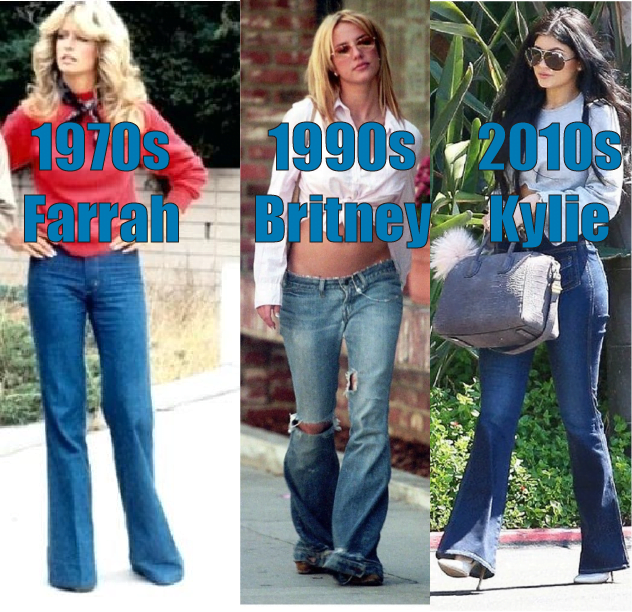
SCENE: A couple of weeks ago at a national conference. I’m doing the slow crowd-waddle out of the plenary ballroom with hundreds of my fellow philanthropy professionals when I find myself next to a silverhaired Old-Timer whom I’ve known since I joined the field six years ago.
ME: Wow, kind of amazing that they’re trying to have the racial equity conversation even here at this type of broad-based organization, isn’t it?
OT: *rolls eyes* Yeah. Again. The field’s been through this before. There’s a lot of talk for awhile, but then they’re on to the next trend and nothing really changes.
My elegant friend isn’t alone in skeptically asking if this is philanthropy’s version of bell-bottoms coming back around in the 20-year fashion cycle. Also within the last week, Dr. Bob Ross, CEO of The California Endowment and one of our sector’s greatest voices, published an opinion piece in the Chronicle of Philanthropy in which he raises the same question: “Yes, there appear to be a growing number of conferences in philanthropy that focus on equity and race, but I have to wonder whether this represents another one of those time-limited headline fads in philanthropy to generate conference attendance, like ‘collective impact’ or ‘big data.’”
Believe me, I’m not here to pooh-pooh the concerns of these leaders, with their professional and personal experiences of hearing “yes” but seeing “no” to real change. After all, I’m new here. Relatively new to being behind the philanthropy curtain, as I call it, with only six years in this role. Embarrassingly new to the fight for racial equity and justice, having really only started to see race and racism more clearly less than two years ago.
What I am here to do, is commit publicly that this is more than a trend for me.
Nearly twenty-five years I’ve been in the nonprofit world. Ten years at a job training center in a low-income community of color; seven years at an org helping low-wage workers who were, surprise surprise, mostly of color; now six years helping philanthropists be better philanthropists.
When I started in the mid-1990s, the new catchphrase was “outcomes not outputs.” I’ve been here when place-based initiatives were seemingly everywhere, collective action was the only action worth taking, capacity building was going to end the need for grant renewal, social enterprise was going to end fundraising altogether, and now as narrative change is, well, changing the narrative.
The thing is, all of these are good tools, even though none of them turned out to be The Answer to End All Answers. I’ve seen them work well, and I’ve seen them fail. They haven’t gone away, despite losing their luster as the shiny new toy. They are still useful strategies to consider applying in different situations, long after they stopped being exciting innovations.
For me, this is different. Those are strategies for achieving change. Equity is the underlying truth of what change is needed and why.
Now that I’ve started, I will never stop seeing how racism and the need for racial justice are everywhere in the work that philanthropy and the larger nonprofit world say we want to do.
I can never see our country’s history, our current reality, my sector, my organization, my family, my self in the same way again.
I will never be able to un-know that racism is not just at the root of what I’ve spent my career trying to solve, it’s at the root of the daily experiences of my colleagues and neighbors and fellow Americans of color. It is life and death and the past and present and future for them – and for me, unless we change that. There are other -isms and injustices, yes, absolutely. And, racism makes all of them worse. It’s not everything, but it is in everything.
That’s why I can never stop trying to get better and better at using more and more effective tools to fight for justice. Which is where the trends and innovations come in – and inevitably go out again, hopefully leaving solid lessons for how and when to keep using whatever has proven its effectiveness, but always with equity at the center.
And over time, I may get discouraged. May even roll my eyes when newbies get excited about short-term progress without perceiving the long-term patterns. But just like the leaders holding up a mirror to our sector now, I won’t be able to shrug, stop fighting for justice, and go on to the next thing. Because racism will be hiding in the next thing, too. And the next, and the next.
Tools change. Fashions #trend. The truth is still the truth. So I’m not arguing. I’m promising.